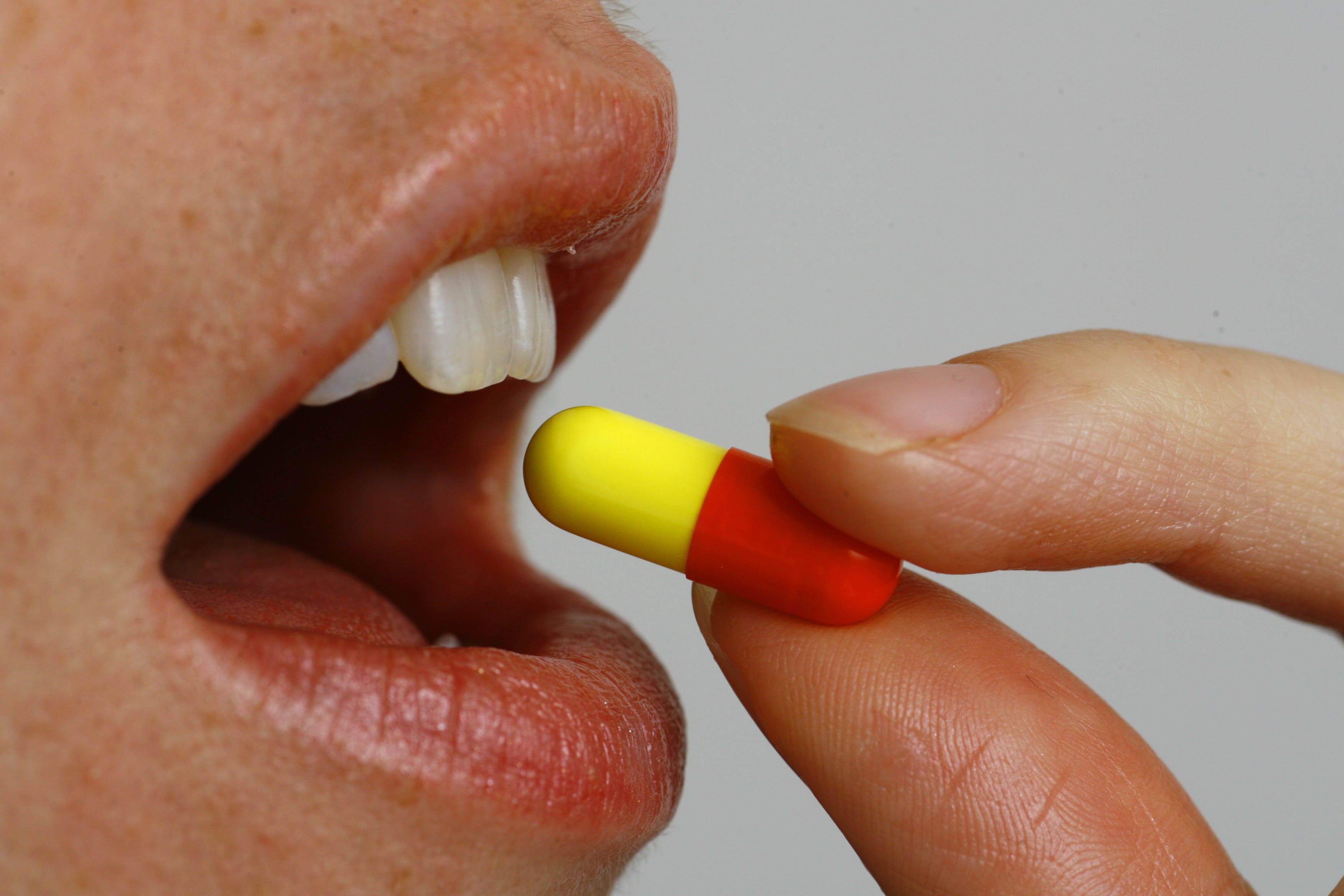Antibiotic resistance: 150 serious infections occur per day in England
Resistance occurs when bacteria, viruses, fungi and parasites mutate and no longer respond to the medicines designed to treat them.

Your support helps us to tell the story
From reproductive rights to climate change to Big Tech, The Independent is on the ground when the story is developing. Whether it's investigating the financials of Elon Musk's pro-Trump PAC or producing our latest documentary, 'The A Word', which shines a light on the American women fighting for reproductive rights, we know how important it is to parse out the facts from the messaging.
At such a critical moment in US history, we need reporters on the ground. Your donation allows us to keep sending journalists to speak to both sides of the story.
The Independent is trusted by Americans across the entire political spectrum. And unlike many other quality news outlets, we choose not to lock Americans out of our reporting and analysis with paywalls. We believe quality journalism should be available to everyone, paid for by those who can afford it.
Your support makes all the difference.Nearly 150 serious infections that did not respond to antibiotics occurred per day last year in England, according to new data.
Figures from the UK Health Security Agency (UKHSA) showed there was an average of 148 severe antibiotic-resistant infections per day in 2021, up by 2.2% on the previous pandemic year (53,985, up from 52,842).
However, overall infection numbers were still down on pre-pandemic levels, with the UKHSA saying this was driven by things such as reduced social mixing and extra handwashing.
The use of antibiotics – which help fuel antimicrobial resistance (AMR) – also fell by 15% between 2017 to 2021.
We are already seeing resistance emerge to our very newest antibiotics – innovation to find new treatments will only succeed if we use what we have responsibly
AMR occurs when bacteria, viruses, fungi and parasites mutate and no longer respond to the medicines – including antibiotics – that are designed to treat them.
This makes the illnesses very hard to treat and increases the risk of diseases spreading, causing severe illness and death.
Antibiotic resistance occurs naturally, but the overuse of antibiotics can speed up the process.
Professor Susan Hopkins, chief medical adviser at the UKHSA, said: “We are already seeing resistance emerge to our very newest antibiotics – innovation to find new treatments will only succeed if we use what we have responsibly.
“Overuse of antibiotics will mean they stop working against life-threatening conditions such as sepsis.
“Antibiotics won’t help the symptoms of cold, flu or Covid-19 – please trust your healthcare professional, take antibiotics only as prescribed, never share with others and don’t save for later.
“Taking antibiotics when you don’t need them puts you and your loved ones at risk of having an untreatable infection in future.”
UKHSA analysis shows that resistance to some key antibiotics remains high.
It said more than two fifths of E. coli bloodstream infections are resistant to co-amoxiclav, a key antibiotic used in the treatment of serious infections in hospital.
UKHSA is also monitoring signs of resistance to newer antibiotics such as cefiderocol.
Professor Dame Jenny Harries, chief executive of the UKHSA, said: “Antibiotic resistance is not a distant problem that we can ignore.
“Infections caused by antibiotic-resistant bacteria are killing thousands of people every year in this country and globally, as well as having a huge economic impact.
“As we emerge from the Covid-19 pandemic, this is a pivotal moment to maintain focus on the ‘silent pandemic’ of antibiotic resistance.”